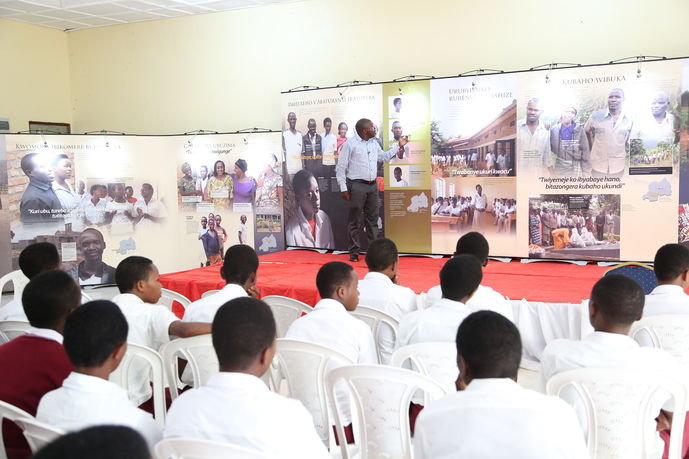By : Andrew Cave
Think of genocide and prejudice, hatred, violence and death come vividly to mind. But can genocide be prevented? Is it possible to reverse the destructive cycle that leads to it, developing in its place virtuous circles through which understanding is fostered and peace built?
Could a fragile reconciliation lead to forgiveness, a growing unity, hope, and that most elusive of human conditions – peace?
All this might sound highly fanciful, especially when applied to a geography with the tribal and colonial histories of central Africa. It’s only 21 years, of course, since one million people were killed in a brutal genocide in Rwanda.
Yet, something remarkable has happened since in this mountainous nation of ten million people, with personal stories of reconciliation not only building peace within its borders but also spreading the message to neighbouring countries where there has been a repetitive pattern of bloodshed and violence.
A year ago, for example, the Central African Republic (CAR) was widely seen to be on the verge of genocide, with tens of thousands of people displaced by brutal ethnic and sectarian violence. Against all expectations, just 12 months later there is hope for the future. It’s fragile, but it’s there.
What happened? Personal testimonies and storytelling have played a part. Guided by peacebuilding charity Aegis Trust, survivors of Rwanda’s genocide have taken their personal experiences of suffering, and their stories of reconciliation and hope, directly to the people of CAR, with some astonishing results


